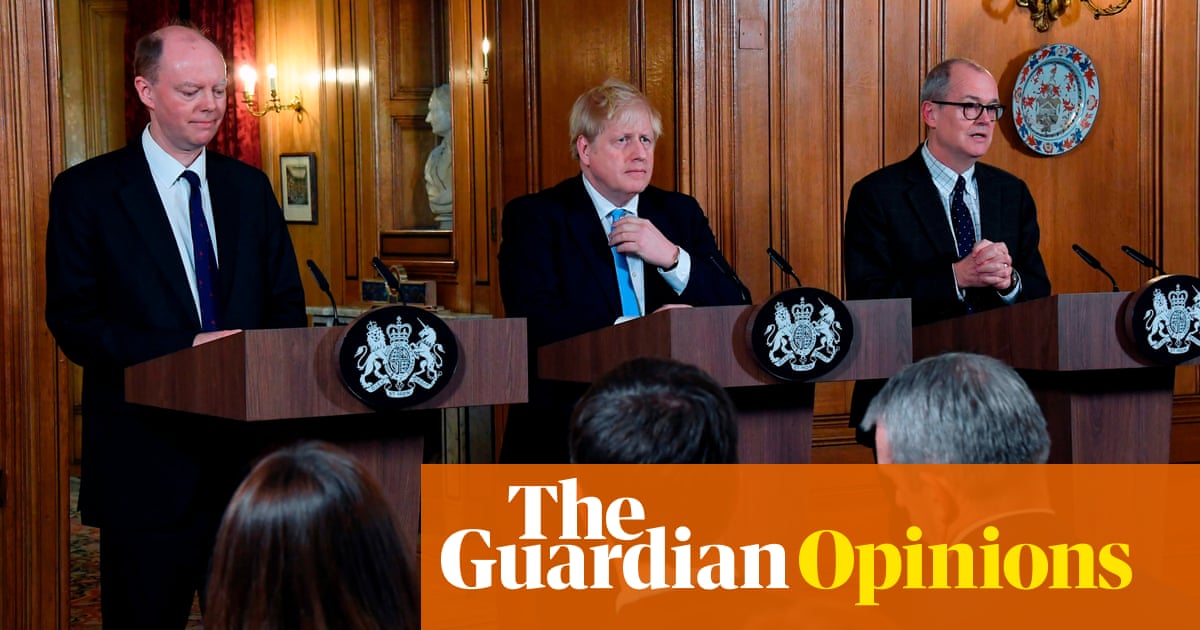
In his time as the Telegraph’s Europe editor, Peter Foster showed little of the imagination of his Brussels-based predecessor (by two decades) Boris Johnson – to his credit. Instead of fabricating stories about power-crazed Eurocrats, he specialised in detailed accounts of the inner workings of the European institutions, and especially, after June 2016, the back-and-forth of the Brexit negotiations. Despite the increasingly deranged tone of the Telegraph’s opinion pages, his unquestioned personal commitment both to finding out what was going on and to reporting on it as objectively as possible meant that he often knew what had been decided in key meetings on the Commission’s Brexit strategy before the Foreign Office or No 10.
It’s not surprising then that his book contains a wealth of detail, both about the damage done to UK businesses small and large by Brexit, and how at least some of the worst effects could be mitigated. Whether it’s an organic tea trader forced to relocate their warehouse to the continent or the risk to the UK car manufacturing sector of the application of “rules of origin” to electric vehicles, Foster excels in explaining the reality of how trade works in the modern economy.
In doing so he exposes the absurdity of the claims of some Brexiters that leaving the European single market would reduce bureaucracy and red tape, and promote free trade – inevitably the reverse has been the case.
Foster’s writing is “journalistic”. But it is journalism at its best, wedding a determination to explain complex issues to a wider audience clearly with well-founded anger at the charlatans who prattled about “free trade” and “global Britain” while neither understanding nor caring about the real-world consequences of their decisions, from which of course they were entirely insulated.
His handling of the broader economic consequences is less adroit. Claims about the adverse impacts of Brexit on the UK economy are scattered throughout the text – some tens of billions of pounds here, a few percent of GDP there. But while generally reliably sourced, this rather scattershot approach gives the impression of relying on statistics – in the words of the old joke, like the drunk and the lamp-post – for support rather than illumination. So while he reflects the overall consensus among mainstream economists, this book is unlikely to help non-expert readers grasp the bigger picture.
And this perhaps reflects a wider failing. While there are occasional references to the political and economic backdrop against which the referendum took place, it’s hard not to come away with the impression that Foster, like many broadly centrist remainers, thinks that the UK was on the right track until Brexit came along to upend both our politics and our economy. But the UK’s productivity slowdown began around the time of the global financial crisis, while other longstanding and interrelated structural issues – inequality, housing and skills – long predate this.
For those of us who blame David Cameron and George Osborne at least as much as the last three prime ministers for the UK’s current plight, it’s odd that austerity, and its long shadow over both our public services and our politics, doesn’t rate a mention. Nor can either the Brexit vote, or the way the political system reacted to that vote, be separated from what went before. Blaming the impacts of austerity on immigration was a deliberate and successful political strategy by Cameron and Osborne until in June 2016 it backfired and destroyed them. In one sense, what has happened since is just collateral damage.
And when it comes to the final third of the book – given where we are, what should we do about it – these issues comes into sharp focus. Here Foster, like many, is caught between his instinctive belief – that “fixing” the current Brexit deal will deliver only relatively marginal gains; to make a real positive difference the UK would have to find a way to rejoin the single market – and political realities. In the end his answer is that, at least for the moment, the first will have to do. He outlines a long list of technical changes where, with both determination and goodwill, the UK could make modest but meaningful improvements to the current Trade and Cooperation Agreement, although he perhaps underplays how hard it will be to persuade our European counterparts to engage seriously with this agenda. But he also recognises that even if it is successful, this won’t get us out of our predicament. As he puts it: “For as long as current political red lines on the single market and customs union persist, ‘fixing Brexit’ won’t, first and foremost, be about Brexit. It will be about putting the UK’s own house in order.”
For what it’s worth, Foster’s analysis appears to be largely shared by Keir Starmer and his team, and it is to them as much as a wider readership that this book is directed. If they are looking for a Brexit strategy that is both grounded in reality and offers not a magic bullet but a picture of how things could be genuinely better, they could do a lot worse.
What Went Wrong With Brexit: And What We Can Do About It by Peter Foster is published by Canongate (£14.99). To support the Guardian and the Observer buy a copy at guardianbookshop.com. Delivery charges may apply.












